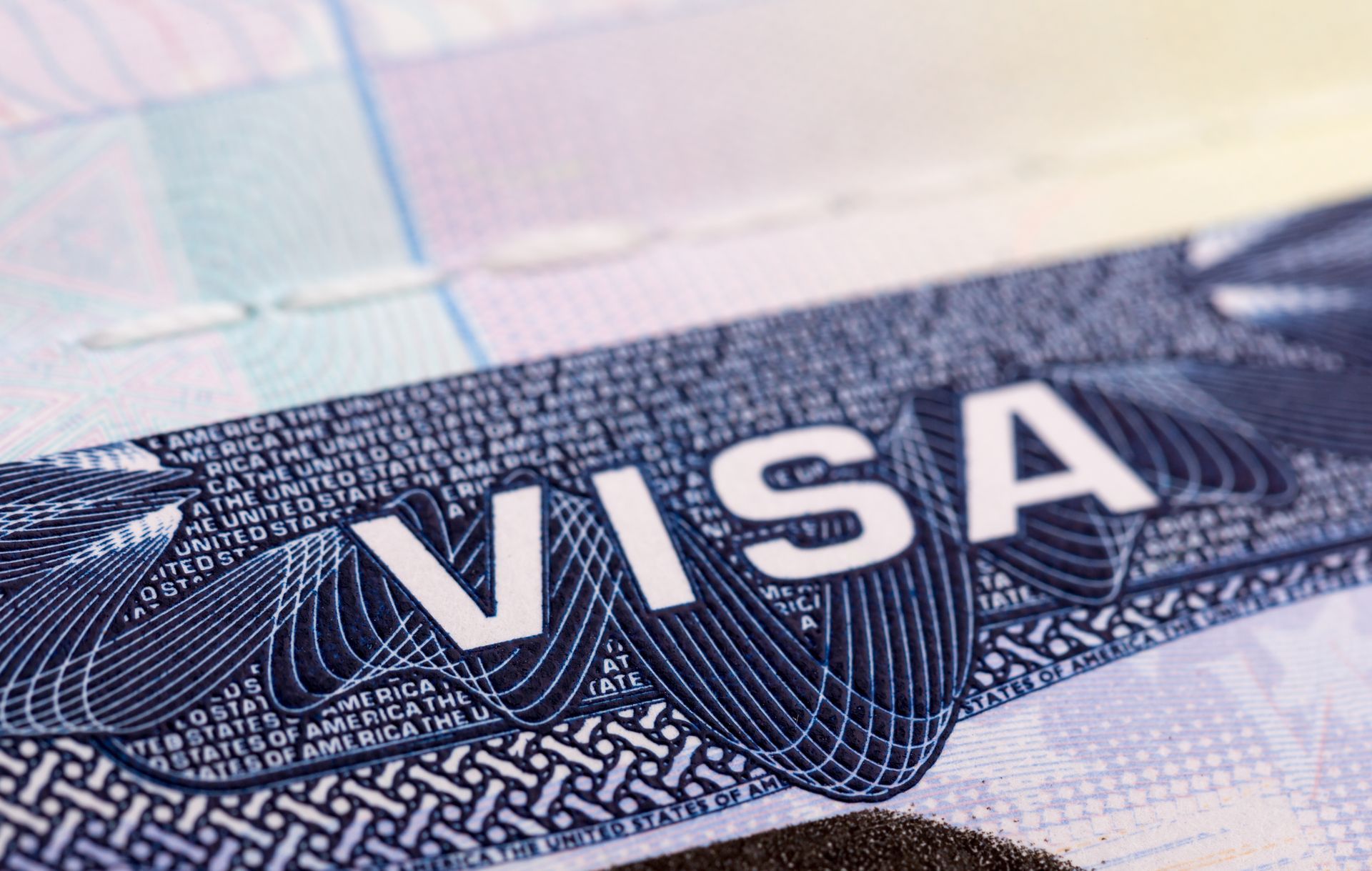RECENT ARTICLES
LEGAL SERVICES
By: Jennifer Fabian-Verzosa, Esq.

IF YOU ARE WONDERING WHAT WILL HAPPEN AT YOUR IMMIGRATION MEDICAL EXAM*, READ THIS GUIDE FOR AN OVERVIEW OF WHAT TO EXPECT.
*Please note: This guide is intended for applicants who will be having their immigration medical exam outside of the United States, although the requirements for applicants having an exam in the U.S. are similar. We will be publishing a guide for applicants with medical exams in the U.S. in the future, so bookmark our site!
Every day you get closer to your immigration interview overseas, you also get closer to your immigration medical exam! Although most applicants sail through the exam without any issues, knowing more about the process can help you prepare and feel less worried.
First, you do
not have to be in perfect health to immigrate to the United States.
You do not need to have an Olympian body, change your lifestyle or start a fitness plan. You just need to meet certain requirements relevant to U.S. immigration law, and you will be evaluated based on those requirements.
This means that the immigration doctor is not going to screen you for other non-immigration related medical conditions, so the exam will feel different than a usual doctor checkup. You will notice that the doctor will be purposeful in his/her questions during the exam. The immigration doctor will ask you specific questions and evaluate you for conditions that will enable him/her to complete the medical exam report that will be submitted to the U.S. Embassy or Consulate.
You will be screened for communicable diseases of public health significance, which include tuberculosis (active and infectious), syphilis, gonorrhea, and Hansen’s Disease (Leprosy). The doctor will also be looking for certain quarantinable diseases (such as cholera, diphtheria, measles, plague, smallpox, yellow fever, certain viral hemorrhagic fevers, and severe acute respiratory syndromes which include COVID-19 and SARS[FN1], to name a few. In addition, you will be screened for physical or mental disorders with associated harmful behavior, including drug abuse and addiction. This is not a complete list, and can always change in the future, so it is a good idea to consult with an immigration attorney if you have particular concerns.
The immigration doctor at your medical exam will ask you about your medical history, including any medications you are currently taking. You will have a full body physical examination, and the doctor will examine your eyes, ears, nose and throat, extremities, heart, lungs, abdomen, lymph nodes and skin. You can also expect a blood test and chest x-ray (except for children). If there are some concerns about your current mental state, or potential or prior harmful behaviors, you may also have to undergo a psychological evaluation. If for some reason the psychological evaluation cannot be done on the day of your medical exam, you may be given a referral to a specialist.
If you wear eyeglasses, you should bring them to your exam, including a medication list and your immunization record.
Yes, you will also have to obtain any vaccinations required under U.S. immigration law! The particular vaccinations are those appropriate for your age and current health, so be sure to bring your current immunization record if you have it so that the immigration doctor can tell you the recommended vaccinations.
Below is the current list of required vaccinations[FN1], as of the date of this article (only!):
COVID-19*, mumps, measles, rubella, polio, tetanus and diphtheria toxoids, pertussis, Haemophilus influenzae type B, rotavirus, hepatitis A, hepatitis B, meningococcal disease, varicella, influenza, and pneumococcal pneumonia.
*Please note that, as listed above, proof of COVID vaccination is also now required to immigrate to the United States.
Sometimes the costs of immunizations are built into the medical exam fee, but not for all countries. For some countries, you have to pay separately for each vaccination, and the fees can add up. If you are a K-1 visa applicant, you have the option to complete the vaccination requirements at the of your medical exam overseas, or when you apply for adjustment of status later in the United States (except for COVID vaccination, which is currently required for all immigrants).
You should also bring your passport, proof of payment of visa application fees (along with your case number), and you may also need to bring recent passport-style photos. The number of passport-style photos, and whether you need to bring them depends on the U.S. Embassy or Consulate. An experienced immigration attorney can help you navigate the particular requirements of the U.S. Embassy or Consulate which will be reviewing your medical exam.
In addition, the immigration doctor cannot be your personal physician. Your U.S. Embassy or Consulate will tell you the specific doctor/clinic or list of doctors/clinics that can perform the medical exam. There are usually only one or two doctors/clinics on the approved list, so you will really not have much of a choice. An experienced immigration attorney can give you an idea of who the doctor/clinic will be, although you cannot book your medical exam until instructed by the U.S. Embassy or Consulate.
Finally, although the medical exam is always conducted before your consular interview, sometimes the appointment date must be merely a few days before your exam, a few weeks, or even the day before your exam. This really depends on your particular U.S. Embassy or Consulate. Your U.S. Embassy or Consulate will send your instructions.
Preparing for your overseas medical exam does not have to be a worrisome experience if you know what to expect. Having an immigration attorney on your side every step of the way can make your consular processing experience feel more manageable and less stressful. Our EXPERIENCED IMMIGRATION LAW OFFICE provides REMOTE LEGAL SERVICES to help guide applicants all over the world through the consular processing stage. Contact us today for professional and compassionate assistance for your case!
_____
[FN 1] “ Centers for Disease Control and Prevention (CDC) Medical Examination: Frequently Asked Questions (FAQs) (last accessed 01/14/2022) = "https://www.cdc.gov/immigrantrefugeehealth/about/medical-exam-faqs.html#me-4"
*For Article Requests, Republications, or Speaking Engagements, please email: jennifer@law-jf.com
Share this article:







